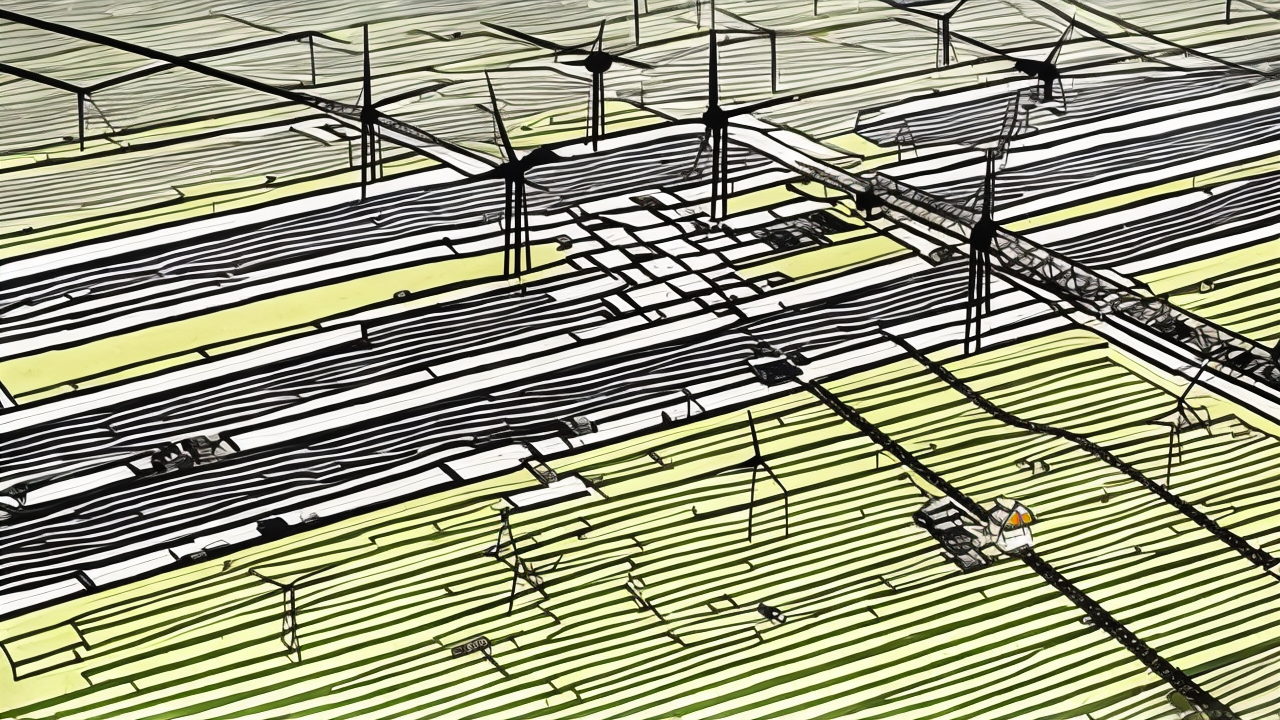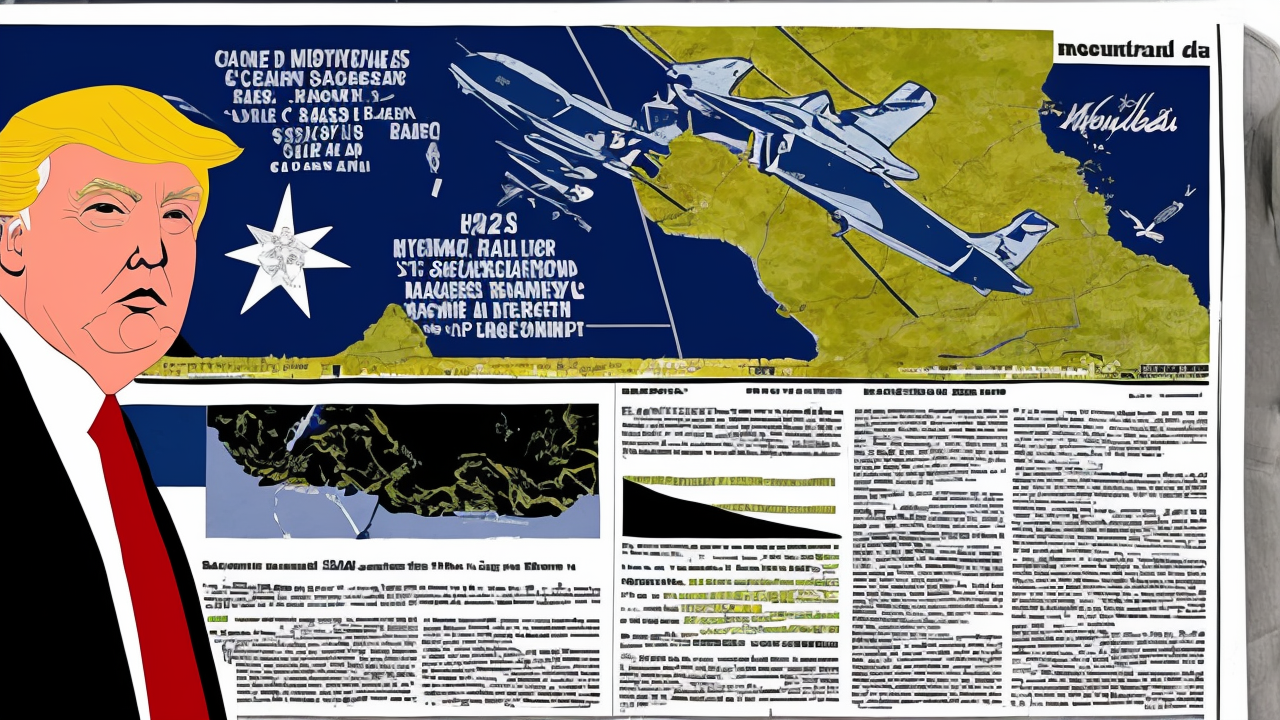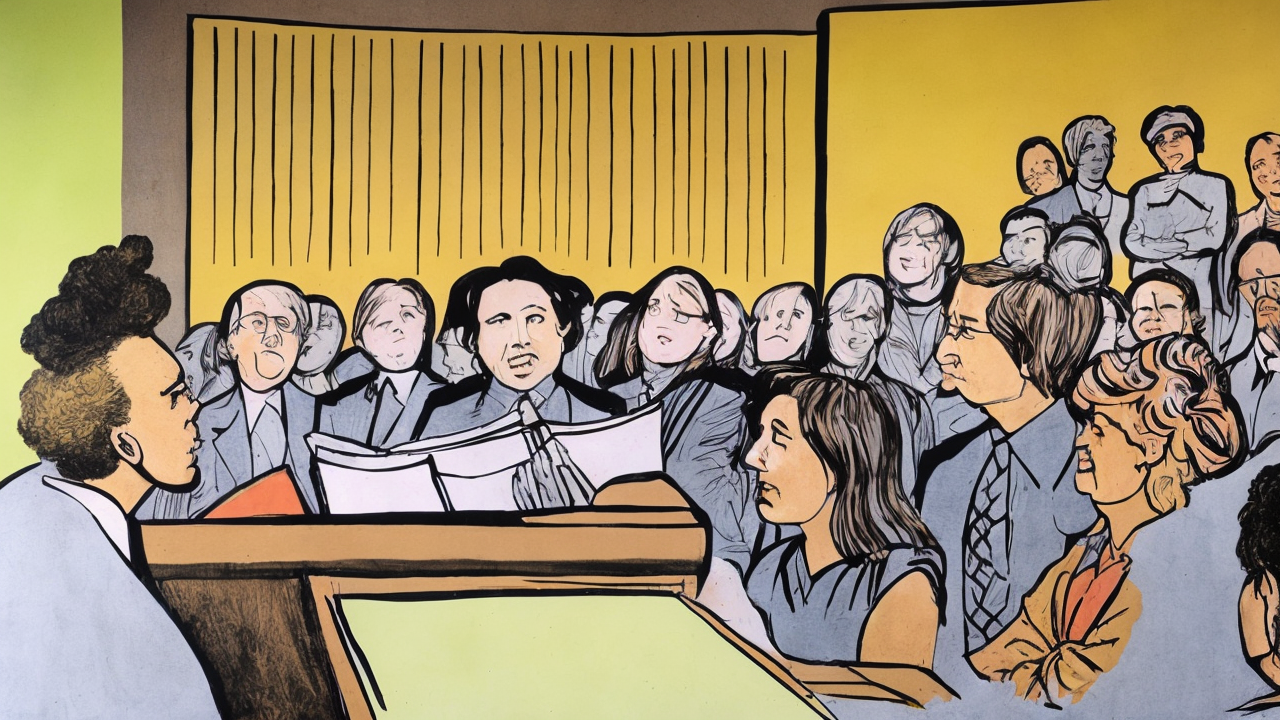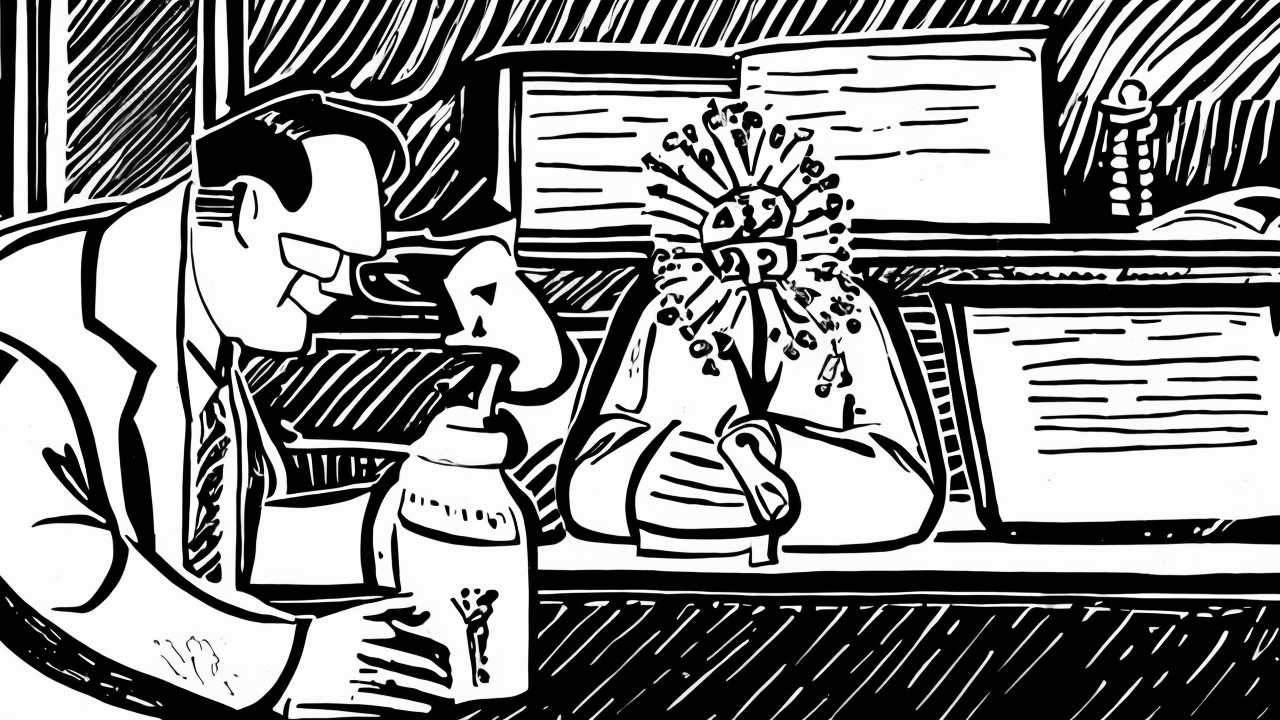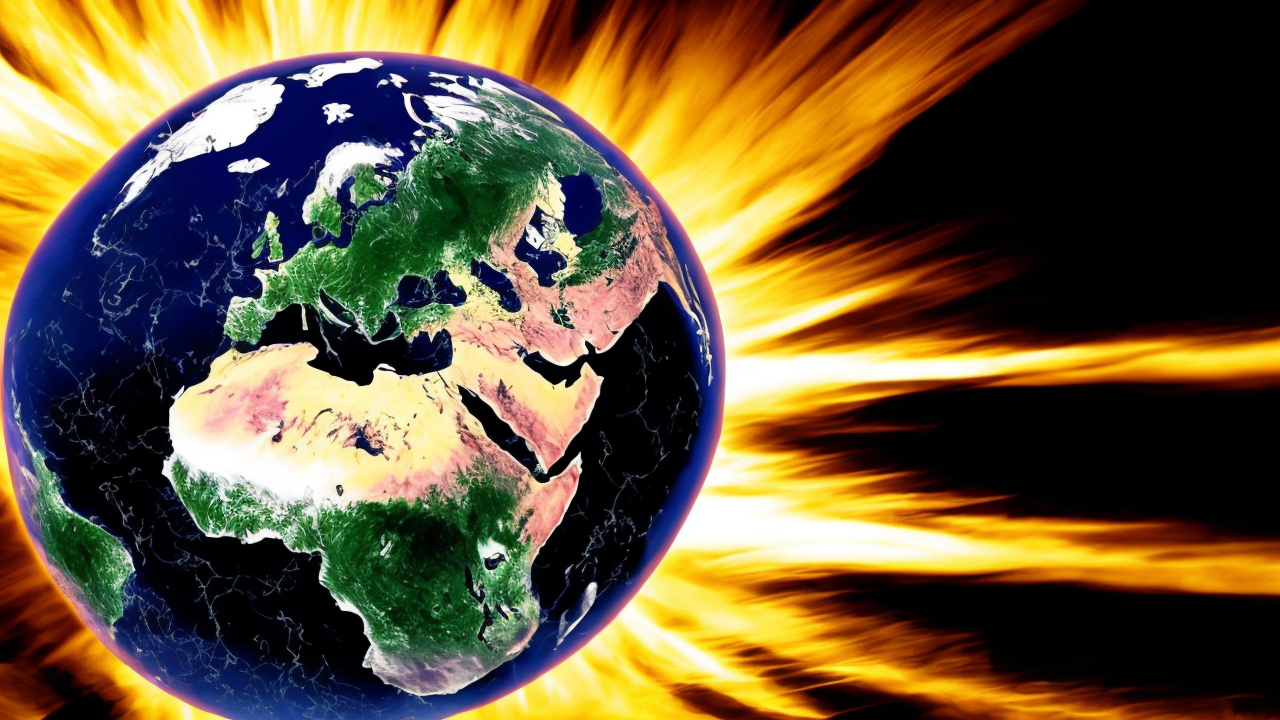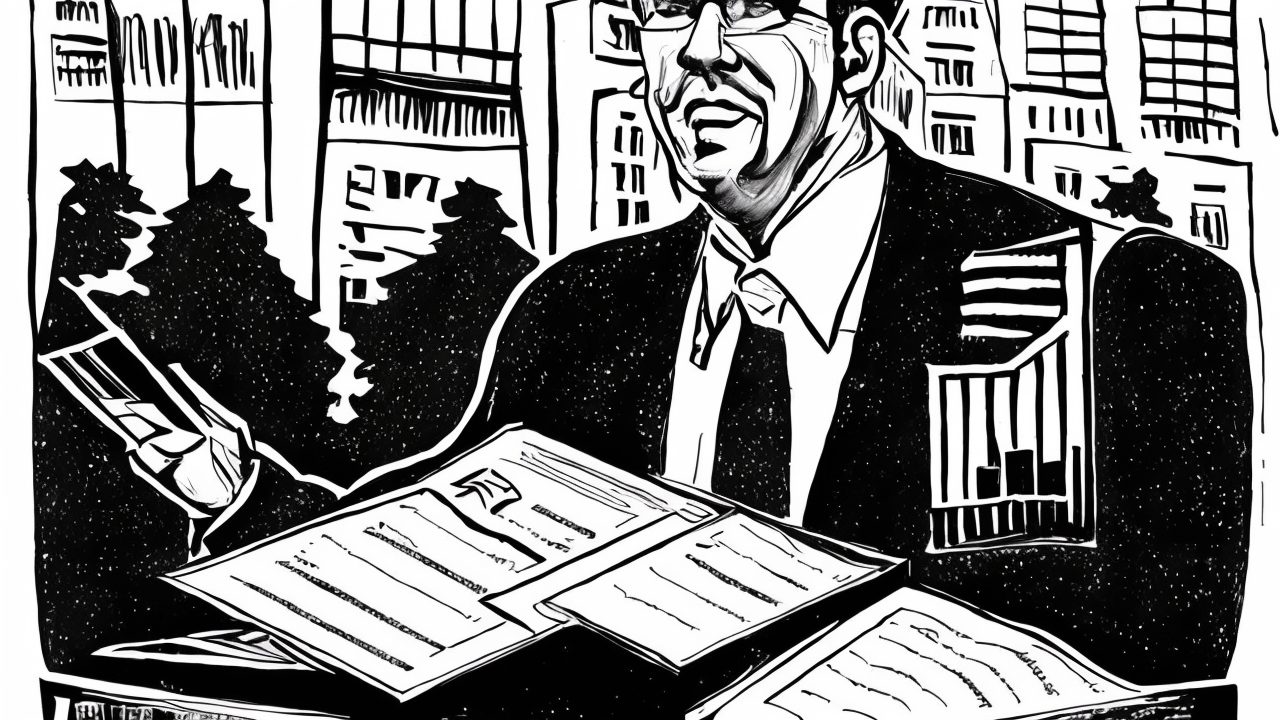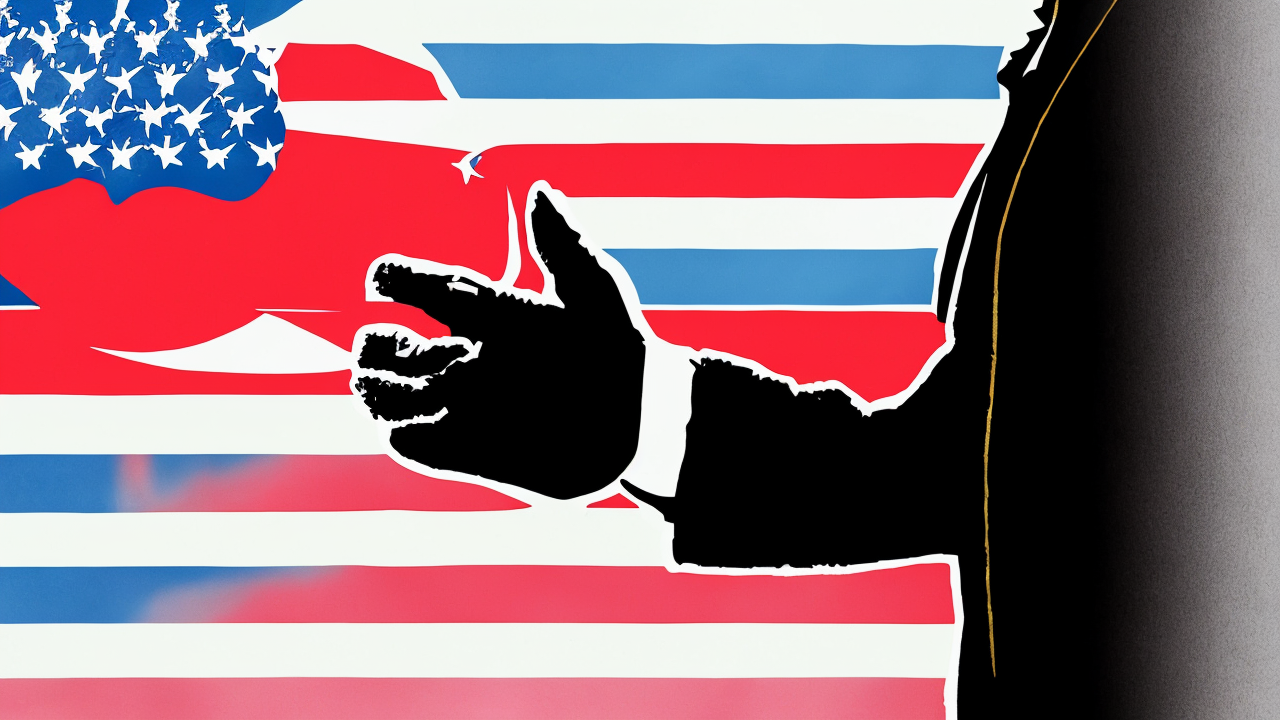The West’s Descent: How Abandoning Christianity Fuels a Culture of Death
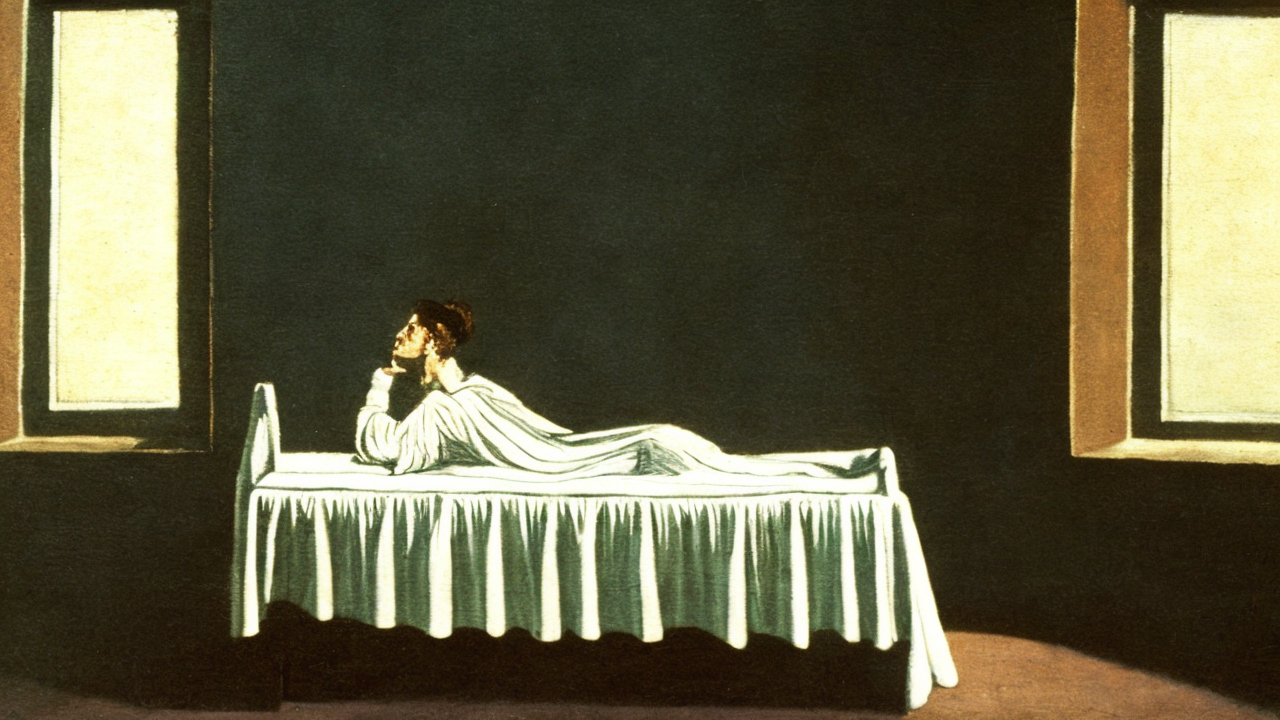
Across Western nations, a quiet but profound transformation is taking place—one that redefines the value of human life in ways that challenge centuries of moral tradition. The growing acceptance of euthanasia and assisted suicide, often presented as acts of compassion, reveals a deeper cultural shift away from the foundational beliefs that once shaped society.
In England and Wales, the Terminally Ill Adults (End of Life) Bill has gained significant support. Public figures like former Prime Minister Theresa May have voiced strong concerns, warning that such legislation could become a “license to kill.” Proponents argue that strict criteria—such as a prognosis of six months or less—will prevent abuse. Yet history shows that these limits rarely hold. Once legal pathways are established, the criteria tend to expand over time.
The Netherlands, a pioneer in legalizing euthanasia, now allows it for psychiatric suffering—even in the absence of terminal illness. Applications for mental health reasons have risen sharply, including a 10,000% increase in non-terminal cases. Belgium has extended the practice to children without age restrictions. In Canada, over 60,000 assisted deaths have been recorded since 2016. These developments are not isolated incidents. They reflect a broader, predictable pattern: once death is legally recognized as an option, the boundaries of eligibility continue to widen.
This trend does not occur in isolation. It coincides with a sustained decline in birth rates and a persistent increase in abortion. These shifts point to a deeper societal ambivalence toward life itself. When the sanctity of life is no longer assumed but instead judged by utility, comfort, or cost, the consequences are far-reaching. Vulnerable individuals—especially the elderly, the ill, and those with disabilities—become targets of policies driven more by efficiency than by genuine care.
For centuries, Christianity served as a moral anchor for Western civilization. It taught that every human being is made in the image of God, that life is not earned but given, and that it is sacred from conception to natural death. This belief shaped laws, institutions, and public discourse. As that foundation has weakened, so too has the cultural instinct to protect the weak, honor the elderly, and cherish the young.
The erosion of these values is not simply a legal or political issue. It is a spiritual and social crisis. When society begins to treat life as a commodity—something to be managed, postponed, or terminated based on circumstance—it risks losing its moral soul. The family, the community, and the nation depend on a shared belief in the inherent dignity of every person. Without that belief, trust erodes, empathy fades, and the common good gives way to individual convenience.
Yet, there is still hope. Across the world, grassroots movements are rising—families, faith communities, and advocates who are speaking up for the unborn, the elderly, and people with disabilities. They are not seeking to impose doctrine. Instead, they are working to restore a culture in which life is seen not as a burden but as a gift. They remind us that true strength lies not in ending suffering, but in enduring it with dignity, love, and support.
The West is not beyond redemption. Its future does not depend solely on technological progress or political reform. It depends on a return to deeper truths—truths that have sustained human societies for millennia. Reaffirming the sanctity of life, protecting the vulnerable, and strengthening the family are not outdated ideals. They are timeless principles that, when lived, build strong communities and resilient societies.
The path forward is not rooted in fear, but in faith. Faith in the inherent worth of every person. Faith in the power of compassion. Faith in the enduring strength of tradition. As we face this moral crossroads, the choice is clear: we can continue down a path of self-destruction, or we can choose to reclaim what has always made the West worth preserving—the belief that life, in all its forms, is sacred.
Published: 10/4/2025

